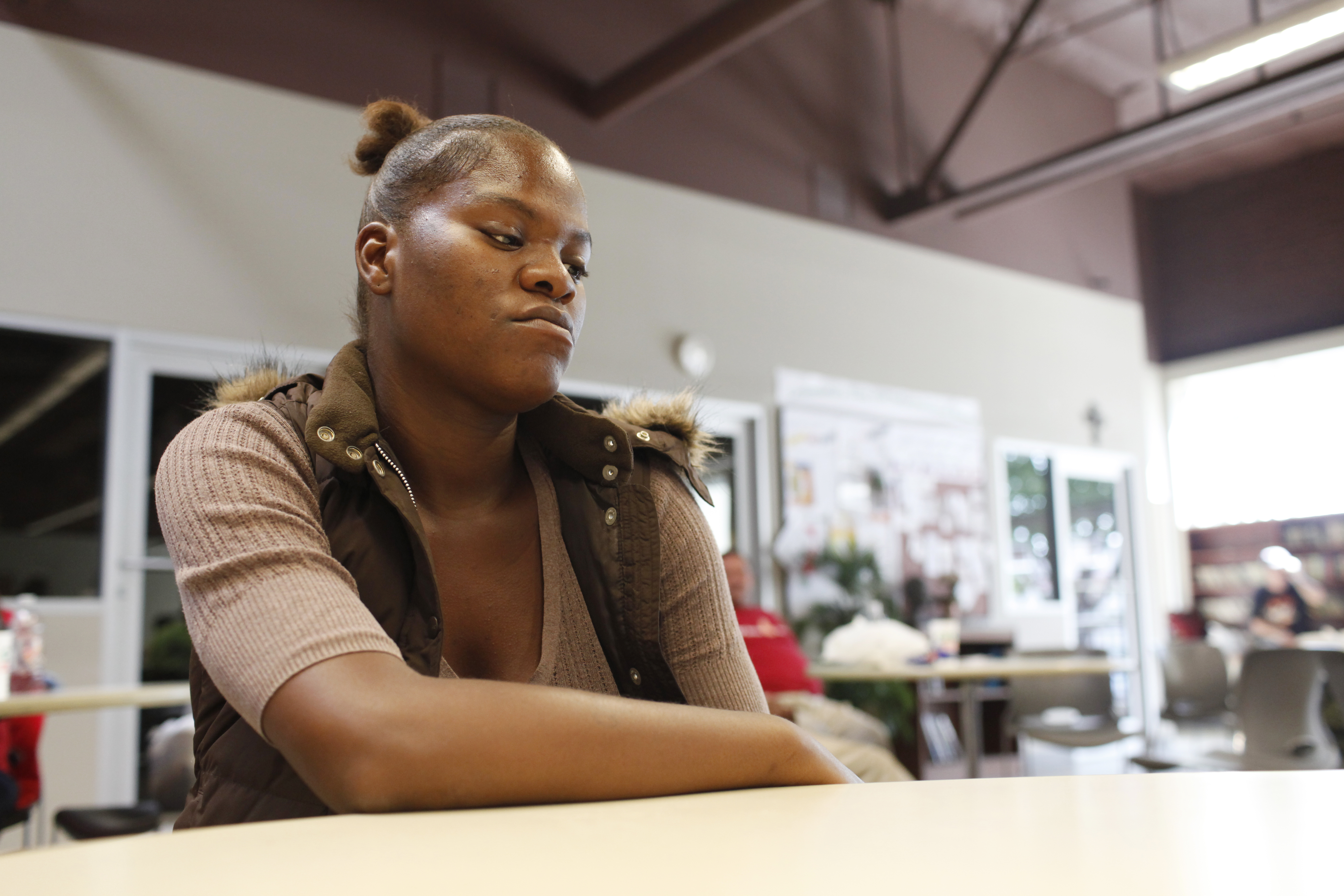Family Way program meets housing needs in Chattanooga
Thursday, September 15, 2011
Six months pregnant, Donesha Shackleford was sleeping in a flooded tent before friends helped her get into a shelter this month.
"It was horrible," said the 22-year-old, who has a 5-year-old son in state custody.
Shackleford is among an increasing number of homeless single mothers in Chattanooga who may qualify for public housing as they try to overcome alcohol and drug addiction.
The Chattanooga Housing Authority provides 12 units of public housing in partnership with the Council for Alcohol and Drug Abuse Services [CADAS], which counsels and provides services for the women.
"It's good if they're really going to help people," said Shackleford. "Some programs say they help, but you don't get help."
The program, called Family Way, has been in place for at least a decade and is up for renewal on Oct. 28.
At stake is $211,254 needed to fund it. CADAS and CHA will compete against some 500 agencies across the nation for more than $2.3 million to help the homeless, said Mary Simons, executive director of the Chattanooga Homeless Coalition.
Programs like Family Way that focus on families are desperately needed in the fight against homelessness, said Simons.
More than 1,000 children in the Hamilton County school system have no housing, according to the homelesschattanooga.org web site.
Family homelessness has more than doubled over the last year in Chattanooga, said Simons.
"The fastest-growing homeless population is families with children under age 6," she said.
The partnership with CADAS is among many strategies listed in the housing authority's 2012 Five-year Agency Plan to address local housing needs. CHA's plan also calls for housing vouchers for 29 homeless families with disabilities, 15 units for homeless victims of domestic abuse through the Housing First Program and 35 housing vouchers for veterans under the Veterans Affairs Supportive Housing program.
CHA delivers housing for Family Way while CADAS provides life-skills training, individual and group counseling and 24-hour site supervision. The typical stay for a family is about two years, according to the CADAS website.
The program helps women prepare for permanent housing, said Simons.
CHA and CADAS officials declined comment about the partnership. CHA officials said they are concerned about clients' privacy.
Shackleford said it's imperative that she find housing so she can keep her baby. She lived with a friend for six months before moving out because of a disagreement. She's been trying to find housing for four months.
"I already have one child in state custody," Shackleford said. "I want [the state] to have no reason to take this one."

